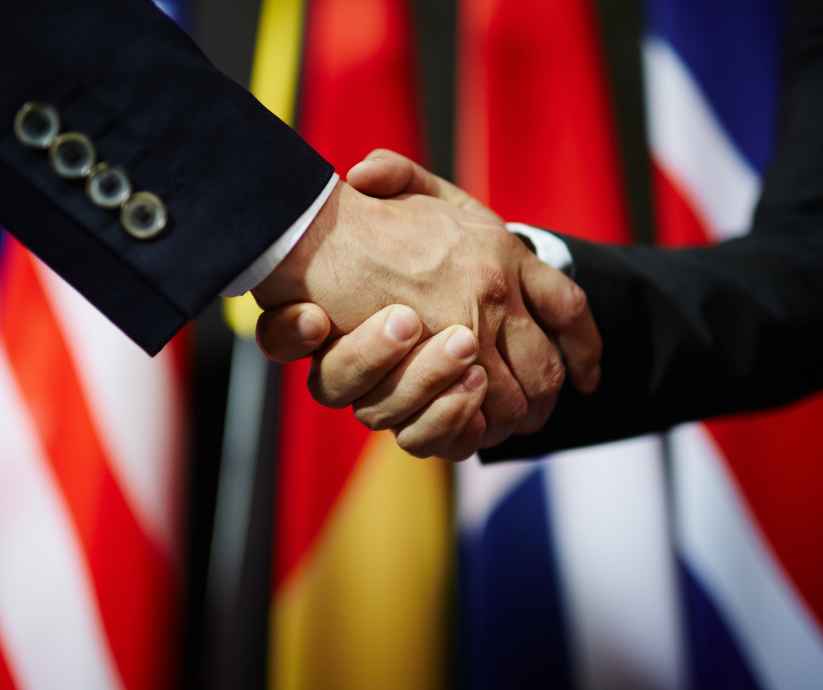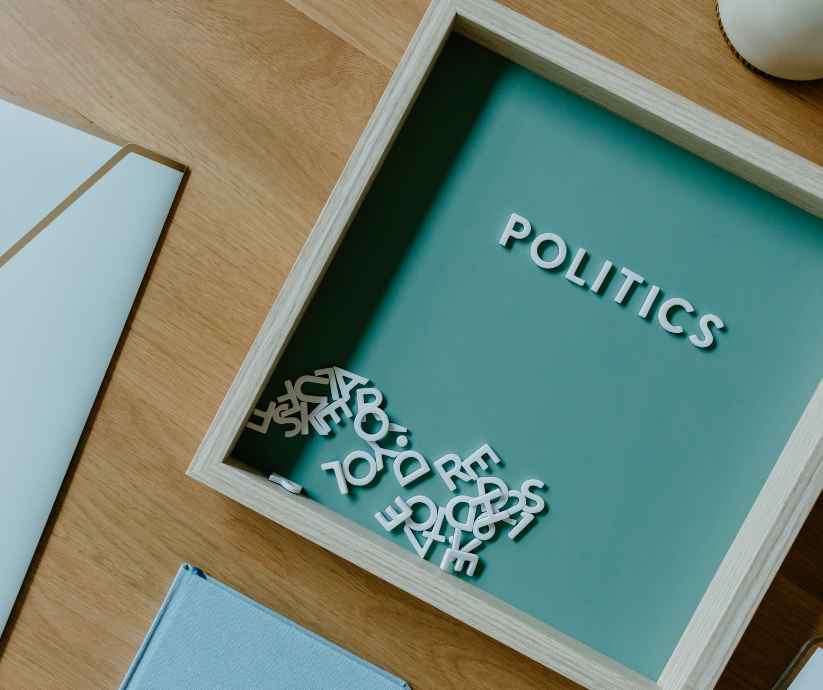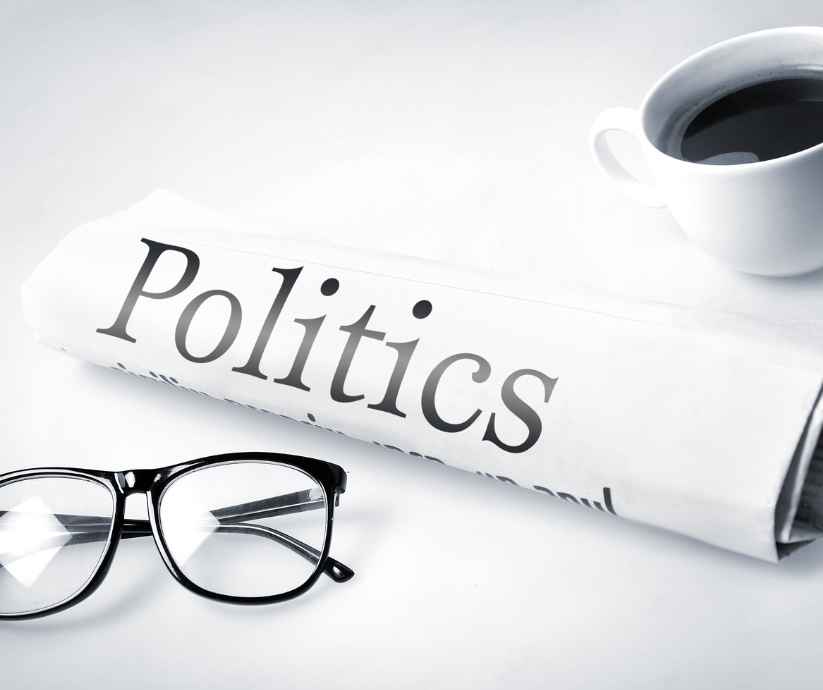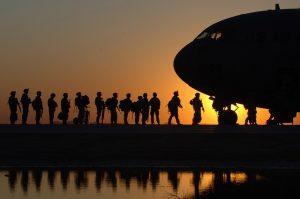Politics, an intricate web of power, ideology, and decision-making, holds significant sway over our lives. It is a complex tapestry that shapes the destiny of nations, defines the boundaries of society, and determines the well-being of its citizens. In this article, we delve into the multifaceted realm of politics, exploring its influence, challenges, and the relentless pursuit of a better future.
At its core, politics is the art of governance, a mechanism through which individuals and groups seek to establish order, allocate resources, and resolve conflicts within a given society. It encompasses a wide array of structures, from local governments to international alliances, all working towards shaping the destiny of nations and safeguarding the interests of their citizens.
Politics is intrinsically tied to power. It is the driving force that propels individuals to seek positions of authority, influence policies, and make decisions that impact the lives of millions. However, the power struggle is not without its pitfalls. The thirst for power often leads to corruption, compromises, and a loss of sight regarding the needs of the people. Hence, it becomes imperative for citizens to remain vigilant, holding their leaders accountable and demanding transparency and ethical conduct.

Ideologies play a crucial role in the realm of politics. They shape political parties, drive policies, and fuel debates that determine the course a nation takes. From conservatism to liberalism, socialism to capitalism, ideologies provide a framework for governance and serve as guiding principles for policymakers. The clash of ideologies can be fierce, as individuals passionately defend their beliefs, often leading to polarization within societies. Nevertheless, this ideological struggle is essential for progress, as it fosters dialogue, diversity of thought, and ultimately, the evolution of democratic systems.
Politics is intrinsically connected to issues of justice and equality. Governments are tasked with the responsibility of ensuring fair and equitable treatment for all citizens, regardless of their backgrounds. Policies are crafted to bridge the gaps between different social groups, providing opportunities and protecting the rights of marginalized communities. The fight against discrimination, be it based on race, gender, or socio-economic status, remains a constant battle in the political arena, demanding our collective attention and action.

In an increasingly interconnected world, politics extends far beyond national borders. Global politics governs international relations, trade agreements, and the pursuit of peace. It is here that countries engage in diplomacy, negotiate treaties, and address issues of global concern, such as climate change, terrorism, and human rights violations. Cooperation and collaboration between nations are imperative to tackle these challenges collectively and create a safer and more prosperous world for all.
Politics is not without its challenges. Political polarization, the rise of populism, and the erosion of trust in institutions have become pressing concerns in recent times. These challenges threaten the very fabric of democracy, as citizens become disillusioned and disengaged from the political process. Addressing these issues requires renewed efforts to foster dialogue, bridge divides, and rebuild trust between citizens and their elected representatives.

In this intricate tapestry of politics, citizens hold immense power. Active participation in the political process, through voting, engaging in discussions, and holding leaders accountable, is essential to shape the future of our societies. Each citizen has a voice that can influence policies and contribute to the betterment of their communities. By staying informed, being critical thinkers, and actively participating, citizens become agents of change and catalysts for progress.
Politics is the dynamic force that shapes our world. It holds the power to transform societies, address inequalities, and forge a path towards a brighter future. While politics may be fraught with challenges, it is ultimately through collective action and the unwavering pursuit of justice and equality that we can navigate the complexities of this ever-evolving landscape. By embracing our role as citizens, we become active participants in shaping the political discourse, and together, we can build a world that reflects our values, aspirations, and vision of a better tomorrow.



